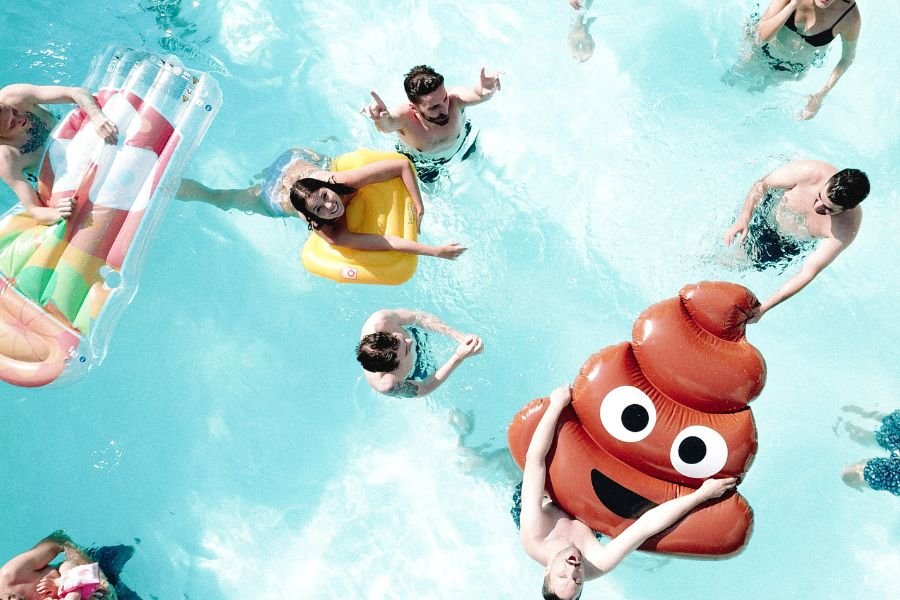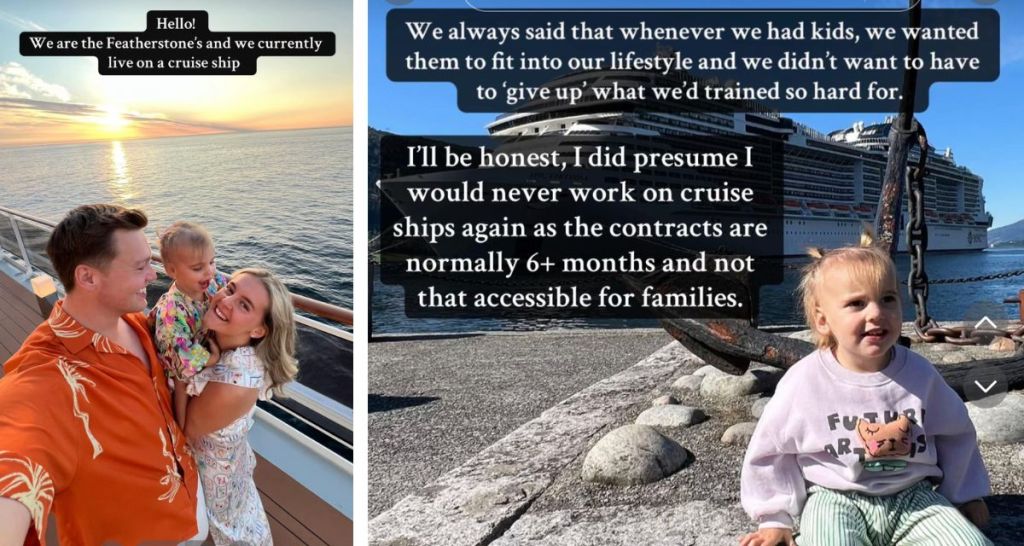It’s that time of year when the weather across the country is warm enough for families to enjoy outdoor barbecues, picnics and pool parties. That means it’s also the time of year when tragedy will strike a certain percentage of families who get blindsided by how quickly and easily a child can drown in a backyard pool, even when they’re surrounded by people who care about them and their safety.
We’ve all been at a gathering where adults are coming and going, chatting, setting up food, taking trips to the bathroom, all while kids are busy playing in the water. In such scenarios, it’s easy to assume that someone else is keeping an eye on the pool.
But as pediatrician Diane Arnaout has shared, the harrowing reality is that the more people there are at a pool party the more likely it is that a child could slip into the pool or become distressed in the water without anyone noticing.
In a Facebook post that has been shared more than 77,000 times, Dr. Arnaout wrote:
“The more folks present, the safer the pool is, right?
Wrong.
The more people present, the more DISTRACTIONS or ASSUMPTIONS.
Do not assume someone is watching over your kid.
Do not assume that older kids will help out smaller kids.
Do not assume that there is a commotion with drowning.
Do not assume your small child is hanging out inside the house (they wander outside, and to the pool).
Drowning is silent, quick, and devastating. There is no splashing. There is no crying out. There is no screaming.”
When people picture someone drowning, they often imagine flailing arms and splashing in the water, and maybe someone crying out for help when they get their mouth above water. But that’s not how it looks at all. It’s calm, quiet and easy to not notice if someone isn’t watching for it.
That’s why Arnaout suggests two prevention tips that can increase the chance of catching a kid in trouble in a pool before the situation becomes dire.
“If you or your friends are getting together this summer and a pool is involved (EVEN A LITTLE TODDLER BLOW-UP POOL, OR A WATER SLIDE WITH A COLLECTION POOL AT THE BOTTOM), you MUST assign a person to watch the kids.
My friends and I have come up with two plans:
1) everybody chips in $10 and we hire a lifeguard for the party
2) We are all assigned the WATER WATCHER BAND – you can get these at my office or make one of your own. The person who wears it is in charge of watching the water at all times. Trade it out with someone else every 15-20 minutes.
This assures the kids are observed constantly!”
The Water Watcher bands she has pictured are something her facility gives out, but she explained that people can make their own. And it doesn’t have to be a bracelet—just anything that signifies a specific person as a designated pool watcher.
“Please remember that this concept could be something as easy as a scrunchie on the wrist, a rubber ball or toy to hold, or a plastic lanyard around the neck,” Arnaout wrote in a comment. “The point is—the person wearing or holding it is committed to being completely distraction-free: no phones, no conversing with others, and completely focused on the pool. Remember the LAYERS of protection you can give your kids: education by talking to them about pool safety, swim lessons, lifejackets (US Coast Guard approved), and observation!”
The no distractions part is huge. A pool watcher should be watching the pool. Adults can take turns in 15 or 20-minute increments even, as long as someone is tasked with the job is watching the water.
Comments on Arnaout’s post are filled with the loved ones of children who have drowned or nearly drowned in pools, and their stories are devastating. It happens much more easily than people think, which is why it’s vital to take proactive precautionary measures and not assume that because a group is full of responsible adults someone will notice a child drowning. It happens too fast and too quietly, even when adults are nearby. A designated person to watch the pool and know what to look for is one of the best ways to prevent such tragedies from occurring.
SafeKids.org has a Water Watcher Card you can print yourself:




























